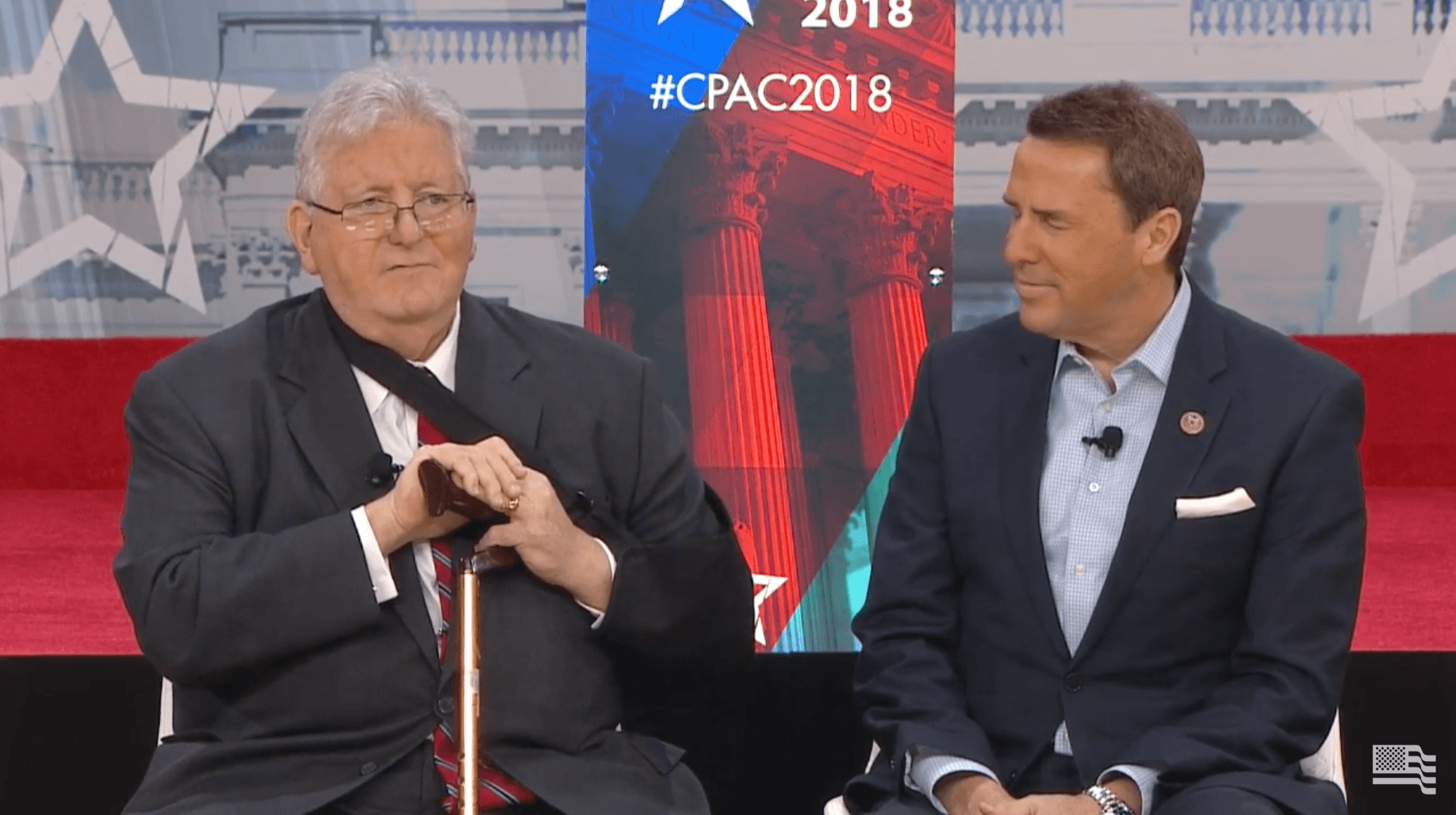 To: Fellow Conservatives
To: Fellow Conservatives
From: Pat Nolan
Re: Incorrect Information about the First Step Act
Date: May 29, 2018
Opponents of the First Step Act make two principal arguments against it:
- It “would require every federal prisoner, without exception, be placed in a facility within 500 miles of home” and
- It would “retroactively increase good-time credits”.
Both of these assertions are incorrect.
“500 Mile” provision – Maintaining ties with their families is the single most important factor in helping inmates make a successful transition to the community. This is not only common sense, but it has been confirmed by research for over 50 years. Studies have consistently found that prisoners who maintain close contact with their family members while incarcerated have better post-release outcomes and lower recidivism rates.
“The central finding of this research is the strong and consistent positive relationship that exists between parole success and maintaining strong family ties while in prison. Only 50 percent of the ‘no contact’ inmates completed their first year on parole without being arrested, while 70 percent of those with three visitors were ‘arrest free’ during this period. In addition, the ‘loners’ were six times more likely to wind up back in prison during the first year (12 percent returned compared to 2 percent for those with three or more visitors). For all Base Expectancy levels, we found that those who maintained closer ties performed more satisfactorily on parole.” (Explorations in Inmate-Family Relationships)
The Bureau of Prisons’ policies acknowledge the importance of family contact on public safety. Current Bureau of Prisons policy states “The Bureau of Prisons attempts to place each inmate in an institution that is reasonably close to the anticipated release area.” BOP Program Statement P5100.08
So, the 500 mile rule is nothing new for the BOP. However, this policy is often ignored in practice. The First Step Act puts this important policy into statute. However, the opponents ignore the current policy and claim that putting current BOP policy into the law would somehow restrict the BOP’s ability to separate gang members from each other. However, if you read the statute there is no way you could reasonably reach that conclusion. The First Step Act provides that the BOP shall “place the prisoner in a facility as close as practicable to the prisoner’s primary residence, and to the extent practicable, in a facility within 500 driving miles of that residence.” However, the bill specifies that this provision is subject to:
- bed availability,
- the prisoner’s security designation,
- the prisoner’s programmatic needs,
- the prisoner’s mental and medical health needs,
- any request made by the prisoner related to faith-based needs,
- recommendations of the sentencing court, and
- other security concerns of the Bureau of Prisons (emphasis added)
In addition, the bill provides that “a designation of a place of imprisonment under this subsection is not reviewable by any court.”
So, it is quite clear that the bill does NOT “require every federal prisoner, without exception, be placed in a facility within 500 miles of home”.
Retroactively Increases Good Time Credits –
For decades federal statutes have given inmates “credit toward the service of the prisoner’s sentence, beyond the time served, of up to 54 days at the end of each year of the prisoner’s term of imprisonment”. (18 U.S. Code 3624(b)) Congress’s intent seems pretty clear, and it makes sense. Prisoners who keep the rules inside prison should be given a head start on getting back on their feet.
But things are never that simple for the Washington bureaucracy. The folks over at the Bureau of Prisons have declared that the way they calculate good time it comes to only 47 days off for each year served, despite the clear language of the law giving 54 days per year. Only a federal bureaucrat could find a way to make 54 days into 47 days. But for years they have shaved 7 days per year off of every inmates’ good time.
Their deliberate miscounting of the credits exacts a steep price for the offenders trying to get back on their feet, and for the taxpayers as well. The price tag on those extra days is $128 Million per year. And don’t buy the malarkey that the extra time makes the public safer. If 10 years in prison hasn’t changed an offender, 70 more days won’t either.
In the First Step Act Congress reaffirmed that when they wrote 54 days into the law they meant 54, not 47. However, some of our fellow conservatives have taken up the cause of the bureaucrats, and are claiming that Congress is cutting sentences retroactively. No, they are merely asserting their primacy in making law over the bureaucracy. Haven’t we been fighting against this kind of arrogant government for years? Statutes passed by Congress should take precedence over regulatory interpretation.
It is flatly wrong to claim that this provision cuts sentences retroactively. The First Step Act merely restates what the law has been for years. It is a matter of the rule of law.
